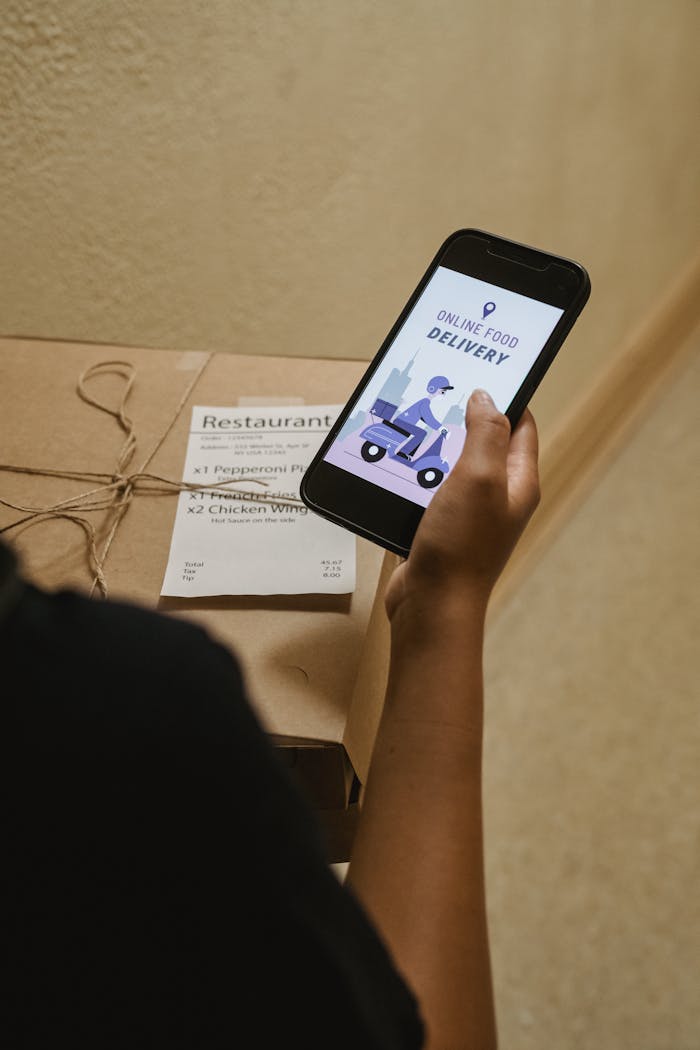Mobile apps have become powerful tools for small businesses looking to expand their reach, enhance customer engagement, and streamline operations. In an increasingly digital world, a well-designed mobile app can level the playing field, allowing small businesses to compete with larger enterprises. This article examines how mobile apps drive growth for small businesses and the key considerations for developing an effective app.
One of the primary ways mobile apps benefit small businesses is by improving customer accessibility. Unlike websites, which require users to open a browser and type a URL, apps are just a tap away on a smartphone. This convenience encourages frequent interactions, whether customers are placing orders, booking services, or browsing products. For example, a local bakery with a mobile app can allow customers to pre-order pastries, view menus, and receive promotions, fostering loyalty and repeat business.
Mobile apps also enable small businesses to personalize customer experiences. By leveraging data analytics, apps can track user preferences and behavior to deliver tailored content. A retail store’s app, for instance, might recommend products based on past purchases or send personalized discounts on a customer’s birthday. These small touches create a sense of connection, encouraging customers to choose a small business over larger competitors.
Another advantage is the ability to streamline operations. Mobile apps can integrate with internal systems to automate tasks like inventory management, appointment scheduling, or payment processing. For a small salon, an app that allows clients to book appointments online and receive automated reminders reduces administrative workload, freeing up staff to focus on service delivery. This efficiency not only saves time but also enhances the customer experience.
Push notifications are a powerful feature of mobile apps, enabling real-time communication with customers. Unlike emails, which often go unread, push notifications appear directly on a user’s phone, making them ideal for time-sensitive promotions or updates. A coffee shop might send a notification about a limited-time discount during slow hours, driving foot traffic and boosting sales. However, businesses must use notifications sparingly to avoid annoying users.
Developing a mobile app requires careful planning to maximize its impact. Small businesses should start by defining clear goals, such as increasing sales, improving customer retention, or enhancing brand visibility. Working with an experienced development team ensures that the app is user-friendly, secure, and scalable. Budget constraints may lead some businesses to consider off-the-shelf solutions, but custom apps offer greater flexibility and alignment with specific needs.
Marketing the app is equally important. Small businesses should promote their app through social media, email campaigns, and in-store signage to drive downloads. Offering incentives, such as a discount for first-time app users, can encourage adoption. Once the app is live, collecting user feedback and monitoring performance metrics help identify areas for improvement.
In conclusion, mobile apps are transforming the way small businesses operate and compete. By enhancing accessibility, personalizing experiences, streamlining operations, and enabling direct communication, apps empower small businesses to build stronger customer relationships and drive growth. With the right strategy and execution, a mobile app can be a game-changer for small businesses aiming to thrive in the digital age.


